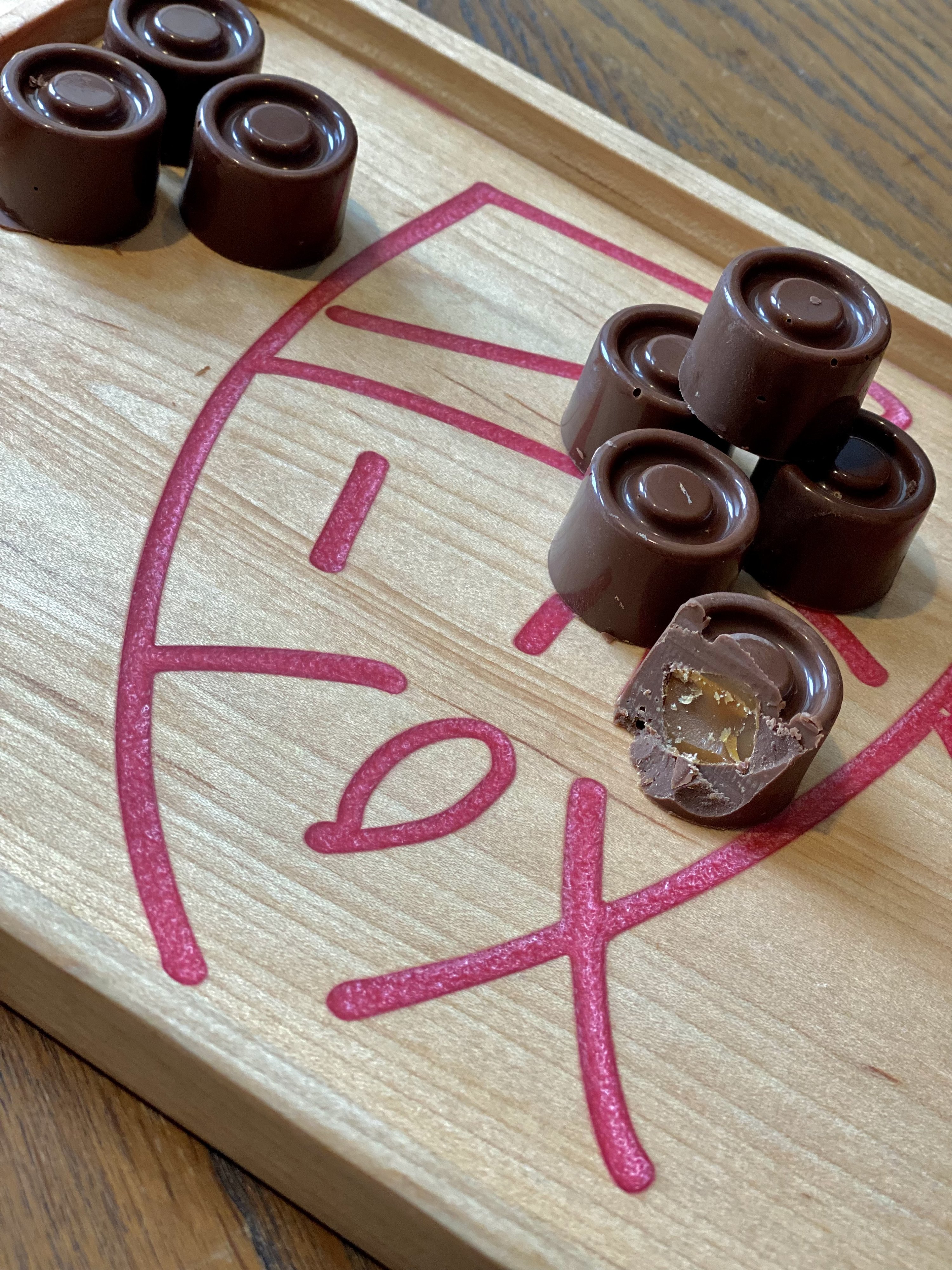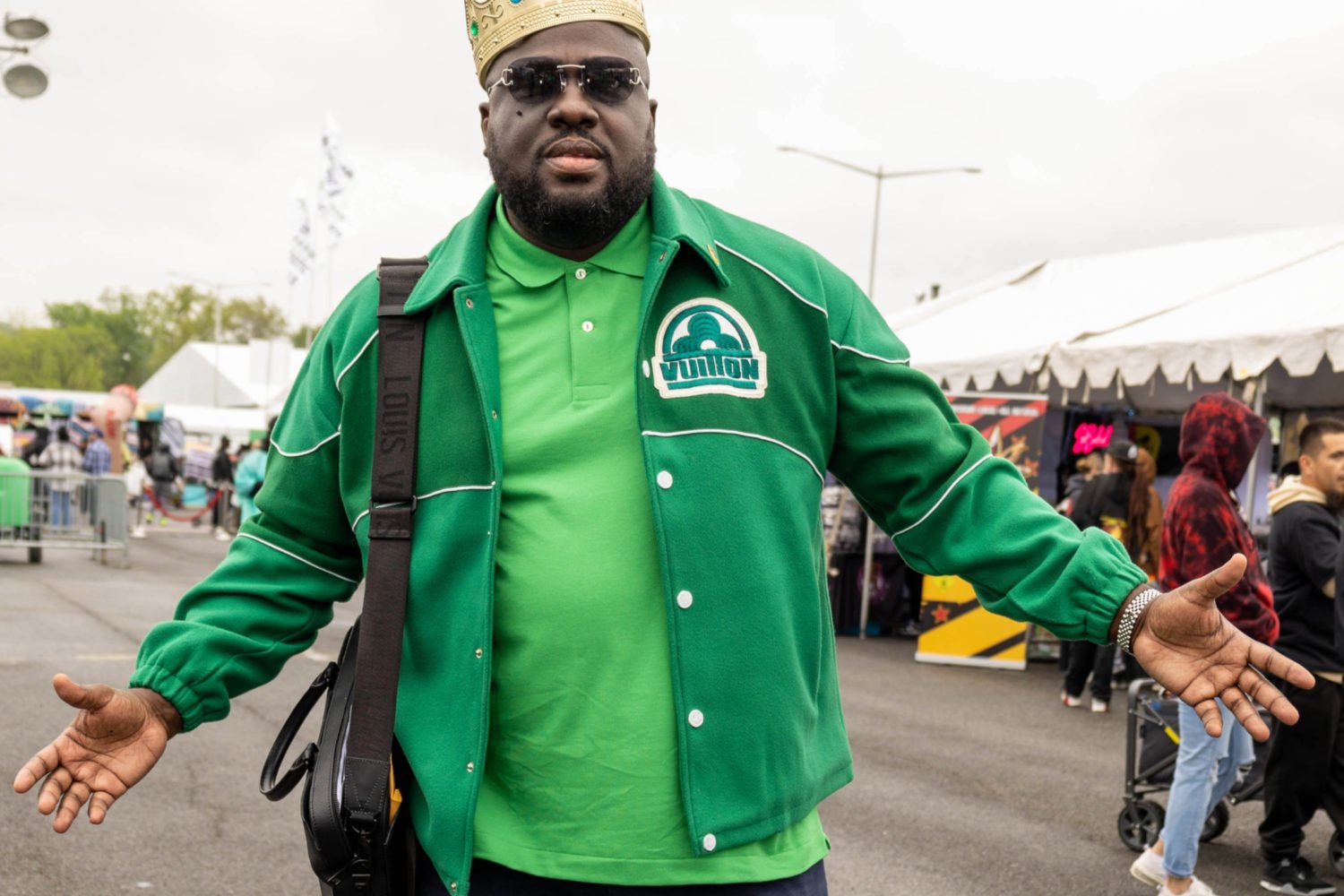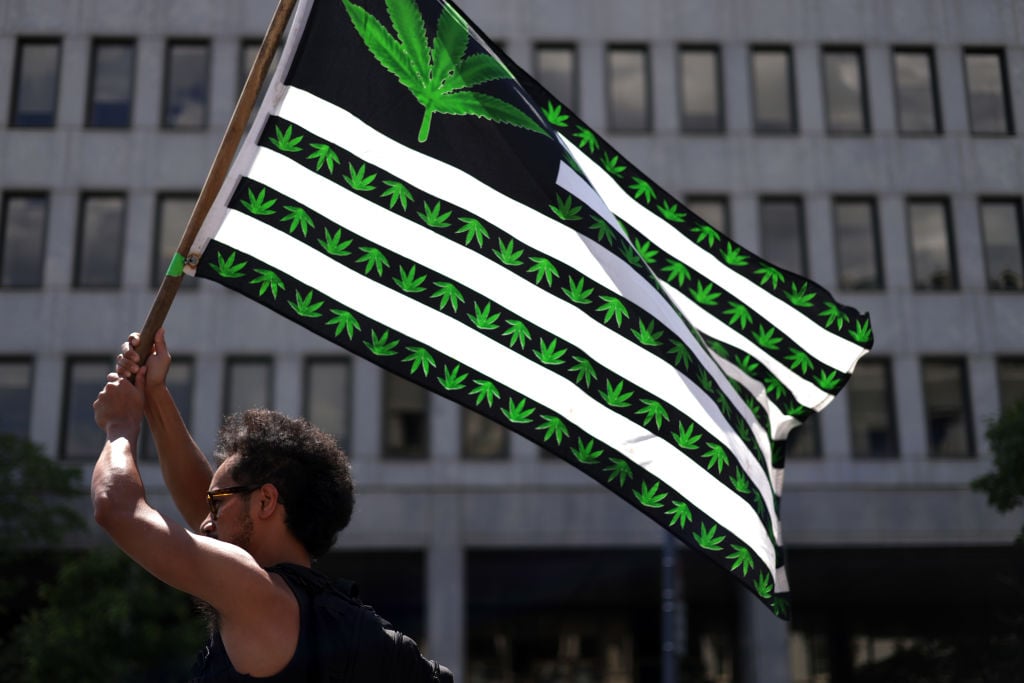Almost nine years ago, Washington, DC residents voted to legalize recreational cannabis via ballot Initiative 71. A month later, Congress blocked the District from establishing a legal market, setting the stage for today’s gray market, where countless businesses offer “gifts” of weed to people who buy clothing, legal services coupons, and even motivational speeches. Last December, DC tried to bring some order to the industry by offering a unique solution: So-called “I-71” businesses could apply to become medical dispensaries instead, and customers could self-certify their need for a medical marijuana card.
But how many existing businesses will enter the medical market? On Monday, an OG I-71 shop announced it would take the plunge: Pink Fox, which opened for business in 2015, shared it had secured a license that will allow the sale of cannabis edibles under its brand name at medical dispensaries, as well as permit Pink Fox to make “white label” edibles that could be marketed under different names.
That means another big change, says Mark Nagib, the former lobbyist who’s Pink Fox’s CEO and creative director: “Unfortunately, we will be closing the doors as far as I-71 is concerned,” he tells Washingtonian. “It’s my personal opinion that a lot of us will be closing our doors in the new year.”
By “us,” Nagib means other I-71 businesses, which face a crackdown if they don’t apply for a medical license. For Nagib, his business’s new status means a lot fewer headaches. “I always felt like we were this stephchild, like Harry Potter put under the cupboard and forgotten about,” he says. “I would go so far to say we are really excited about being in a regulated marketplace.”

I asked him how it feels to step away from the I-71 scene. “Bittersweet,” he says. “When we started with I-71, everybody was scared to get into that end of the pool. Now everybody is in the pool.”
Adam Eidinger was a driving force behind I-71, and he told me earlier this year that he and other advocates “never envisioned we were creating a workaround with the so-called gifting loophole.” For his part, Nagib heard faint threats of coming enforcement in Mayor Bowser’s press conference about her proposed anti-crime measures Monday. He’s not surprised: Walk along a busy DC corridor, Nagib says, and you’ll see shops claiming not only to be compliant with I-71 but with I-81, which decriminalized psychedelics. That’s “asinine,” Nagib says—the initiative only instructed the cops to deprioritize arrests for possession; it didn’t turn, say, ayahuasca into an over-the-counter product. “In my opinion, we do need some regulation, we do need some guidance, we do need some oversight,” he says.
Nagib appears enchanted by the opportunities his new license presents. Perhaps, he posits, a large West Coast edible company will look for a local partner to manufacture a big brand name product locally. And Pink Fox may open a retail dispensary in 2025. Moreover, he says he expects the long-running tension between I-71 businesses and medical dispensaries to finally dissipate: “Now we’ll all be suiting up for the same team.”



















